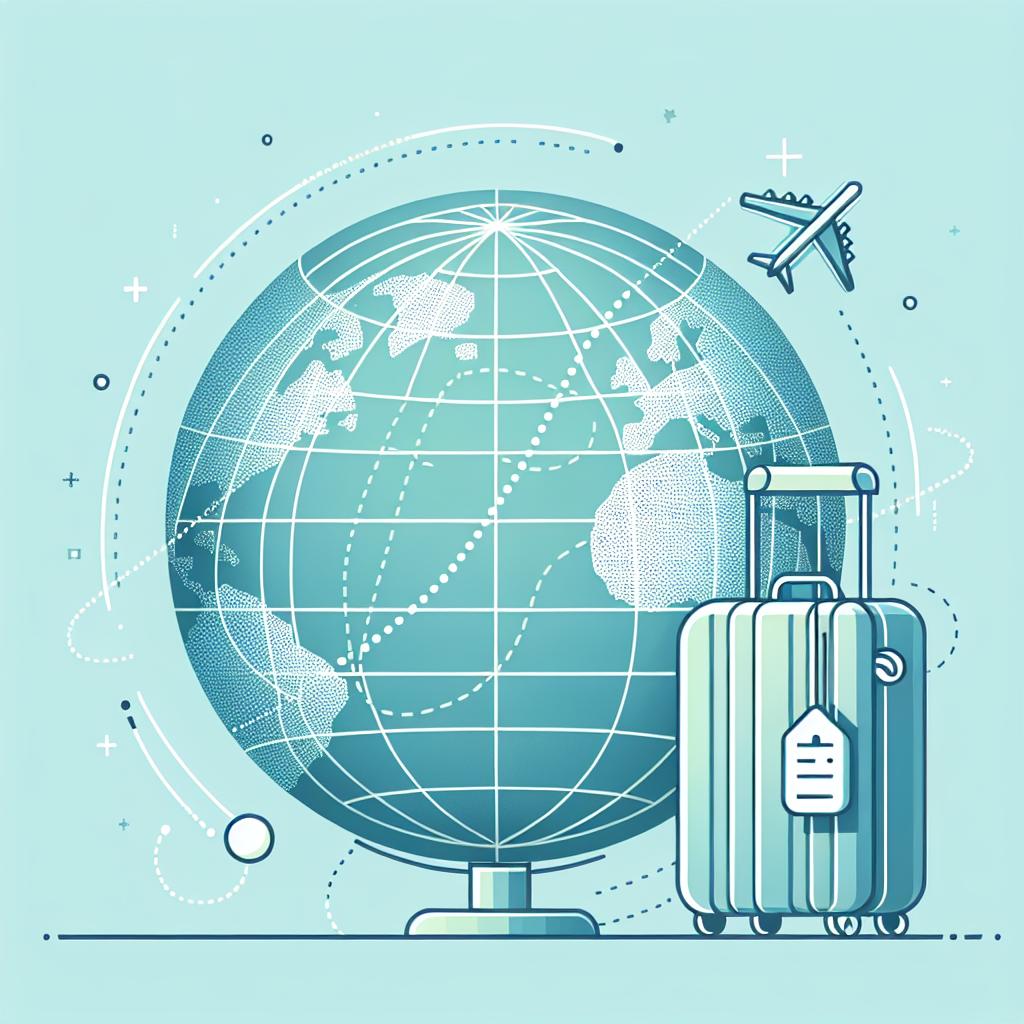
Travel Insurance Market Projects $50 Billion Growth by 2033: Key Trends to Watch

Travel Insurance Market Projects $50 Billion Growth by 2033: Key Trends to Watch
Increasing Demand and Market Evolution in Travel Insurance
The global travel insurance market is currently experiencing dynamic growth, with projections indicating it will reach approximately $50.1 billion by 2033, reflecting a compounded annual growth rate (CAGR) of 10.77% from 2025 to 2033. This expanding trend is largely driven by a notable rise in international travel, which continues to encourage awareness about the importance of financial protection against travel-related risks.
Recent developments indicate that consumers are increasingly seeking customized and niche insurance products that cater to specific travel needs, whether they be for medical emergencies, trip cancellations, or lost baggage. As travelers prioritize their safety and financial security, there is an observable shift away from one-size-fits-all approaches towards more tailored insurance solutions. This means that insurance companies that adopt flexible, user-focused models are likely to gain significant market share going forward.
Moreover, a notable feature of this growing market is the diversification of distribution channels. Insurance intermediaries, brokers, and digital platforms are becoming critical, as the demand for ease-of-access to insurance options heightens. With technological advancements streamlining policy management and claim processes, insurers are expected to invest more into digital solutions that enhance customer experience.
What these trends suggest is that the travel insurance sector is poised for further transformation, potentially leading to improved policy options that meet the evolving expectations of consumers. As businesses and individuals cultivate stronger travel plans in a post-pandemic world, the emphasis on comprehensive insurance coverage will likely continue to amplify, presenting both challenges and opportunities for industry stakeholders.
Glossary
- Travel Insurance [Concept]: A type of insurance designed to cover the financial risks associated with travel, including medical emergencies, trip cancellations, and lost baggage.
- Compounded Annual Growth Rate (CAGR) [Concept]: A measure used to express the annual growth rate of an investment over a specified time period, assuming that the investment grows at a steady rate.
- Insurance Intermediaries [Company]: Professionals or firms that act as intermediaries between insurance companies and consumers, helping clients select and purchase insurance policies.
- Digital Platforms [Technology]: Online services that facilitate the buying and selling of insurance products, often providing tools for policy management and claims processing.
- User-Focused Models [Concept]: Insurance models designed to prioritize the specific needs and preferences of consumers, moving away from generic, one-size-fits-all products.
- Post-Pandemic World [Concept]: Refers to the societal and economic changes that have occurred globally as a result of the COVID-19 pandemic, including shifts in consumer behavior and priorities.
- Insurance Brokers [Company]: Licensed professionals who represent clients in negotiating insurance policies, acting on behalf of the buyer rather than the insurance company.
- Financial Protection [Concept]: Measures taken to guard against economic loss that could arise from unexpected travel-related incidents.
Source Documents
- Unlock the Future of Insurance: Travel Market to Hit $50.1B by 2033 (10.77% CAGR)https://www.openpr.com/news/4092621/unlock-the-future-of-insurance-travel-market-to-hit-50-1b
- Commercial Insurance Market Size, Trends & Growth, 2030https://www.alliedmarketresearch.com/commercial-insurance-market-A11665